
Similar Posts
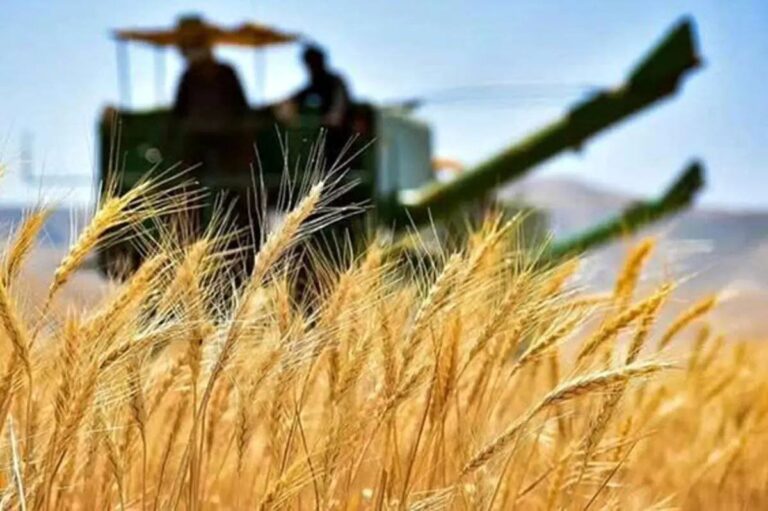
Urgent GIEWS Report Unveils Critical Insights on Food Security Challenges in Iran
The Global Information and Early Warning System (GIEWS) has published a report on Iran’s food security, addressing key agricultural issues such as wheat production, rice planting, and cereal prices. Dry weather has severely impacted wheat yields, prompting the government to raise procurement prices by 17%. Meanwhile, rice planting is underway in major regions, expected to improve food security. The report forecasts a 22% increase in cereal production for 2024, reducing wheat import needs significantly. However, retail prices for wheat flour and rice have surged, indicating ongoing challenges in the agricultural sector despite some positive developments.
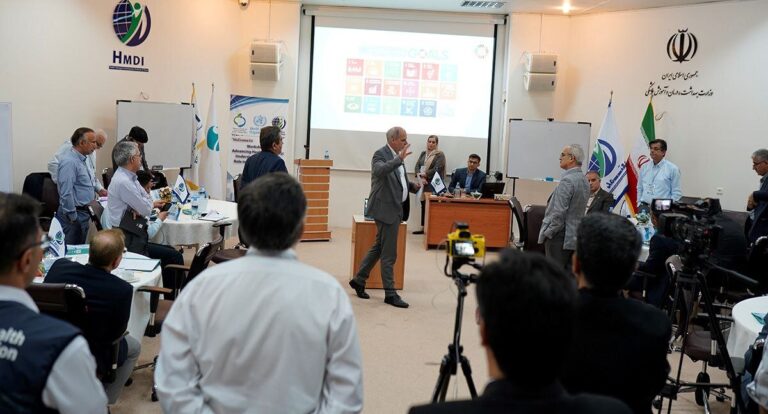
Empowering Global Health: How WHO’s Health Diplomacy Workshop Enhances National and International Security
A two-day workshop titled ‘Advancing Health Diplomacy: Understanding the World Health Organization’s Role in Global and National Health System’ was held in Tehran on May 13-14, gathering 43 health leaders and policymakers. Organized by the Iranian Ministry of Health, WHO Iran, and other institutions, the seminar emphasized WHO’s role in global health security and aligning national priorities with WHO strategies. Presentations covered governance, SDGs, global health initiatives, and pandemic response. Iranian officials highlighted the importance of integrating health diplomacy into foreign policy, aiming for enhanced international cooperation and improved health outcomes. The workshop is a step toward strengthening Iran’s health system.
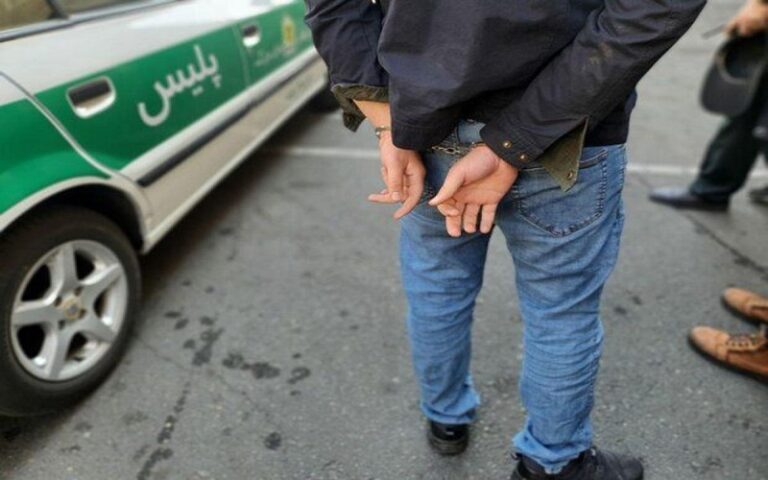
Iran’s Alarming Surge in Theft Highlights Escalating Economic Crisis
Iran’s theft rates have surged nearly fourfold since the late 2000s, reflecting severe socio-economic challenges. Judiciary spokesperson Asghar Jahangir acknowledged that around 80% of crimes are linked to inflation and rising prices, with new crime patterns emerging from digital platforms. Factors like poverty, unemployment, and family breakdown exacerbate the situation. Despite theft being the most common crime, Iranian institutions provide limited transparency on crime data. Harsh punishments for theft, rooted in medieval interpretations of Islamic law, contrast starkly with the systemic corruption among regime officials. This crisis underscores the urgent need for reform and equitable governance in Iran.
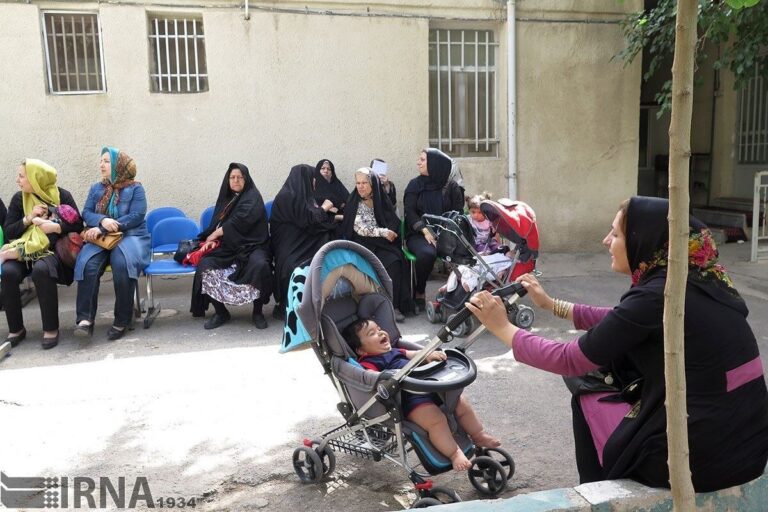
Empowering Families: How Maternal Health Literacy Ensures Better Health Outcomes
Maternal health literacy is vital for improving family and societal health, focusing on preventive behaviors, nutrition, and mental well-being. The theme for the third day of National Health Week, observed from April 21 to 27, emphasizes “Maternal health literacy, youth population, empowered generation.” High health literacy among mothers enables better prenatal care, nutrition, and effective healthcare utilization, significantly impacting their health and their children’s. Global health initiatives aim to reduce preventable maternal and newborn deaths, with alarming statistics showing 300,000 maternal deaths annually and millions of newborn losses. The campaign advocates for awareness, investment, and collective action to enhance maternal and newborn health.
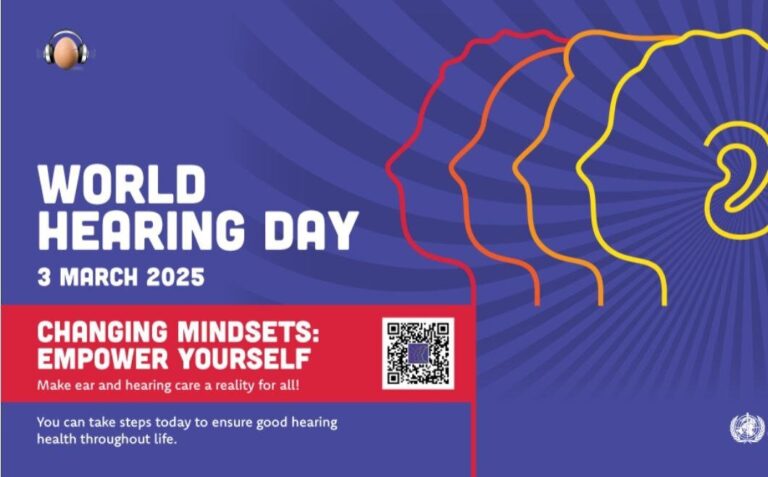
Transform Hearing Health: Empower Yourself to Ensure Ear Care Accessibility for Everyone!
World Hearing Day, observed on March 3, aims to raise awareness about hearing loss and promote ear and hearing care. This year’s theme, “Changing mindsets: empower yourself to make ear and hearing care a reality for all!”, encourages individuals to take charge of their ear health. Key goals include recognizing the importance of hearing health, protecting against loud sounds, and regular hearing checks. In Iran, around 3,000 babies are born annually with hearing impairments, prompting a newborn screening program since 2005. Iran has conducted over 20,000 cochlear implants, demonstrating a strong commitment to improving hearing health and support for those affected.
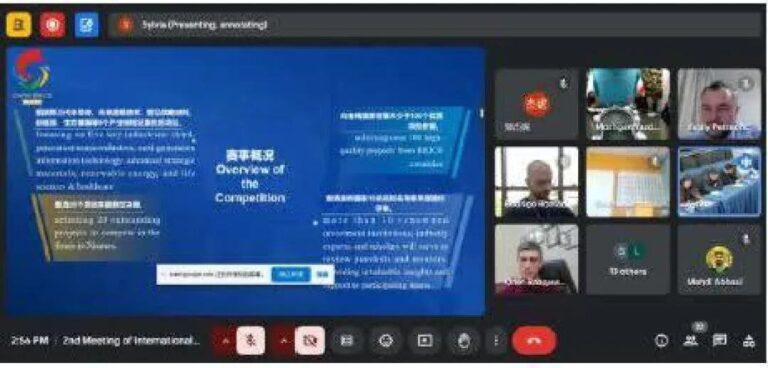
University of Tehran Partners with Beijing International Exchange Association in Strategic MOU Signing
The University of Tehran’s Caspian International Campus has partnered with the Beijing International Exchange Association (BIEA) to strengthen scientific ties between Iran and China, particularly within the BRICS framework. An online meeting resulted in a memorandum of understanding focusing on joint educational strategies, establishing a communication network, organizing annual BRICS technology competitions, and expanding collaborations with other research institutions. Iranian universities are also pursuing academic partnerships with China, promoting joint programs and faculty exchanges. This initiative builds on a 2021 cooperation agreement, aiming to enhance education and technology sectors, ultimately benefiting the global scientific community.